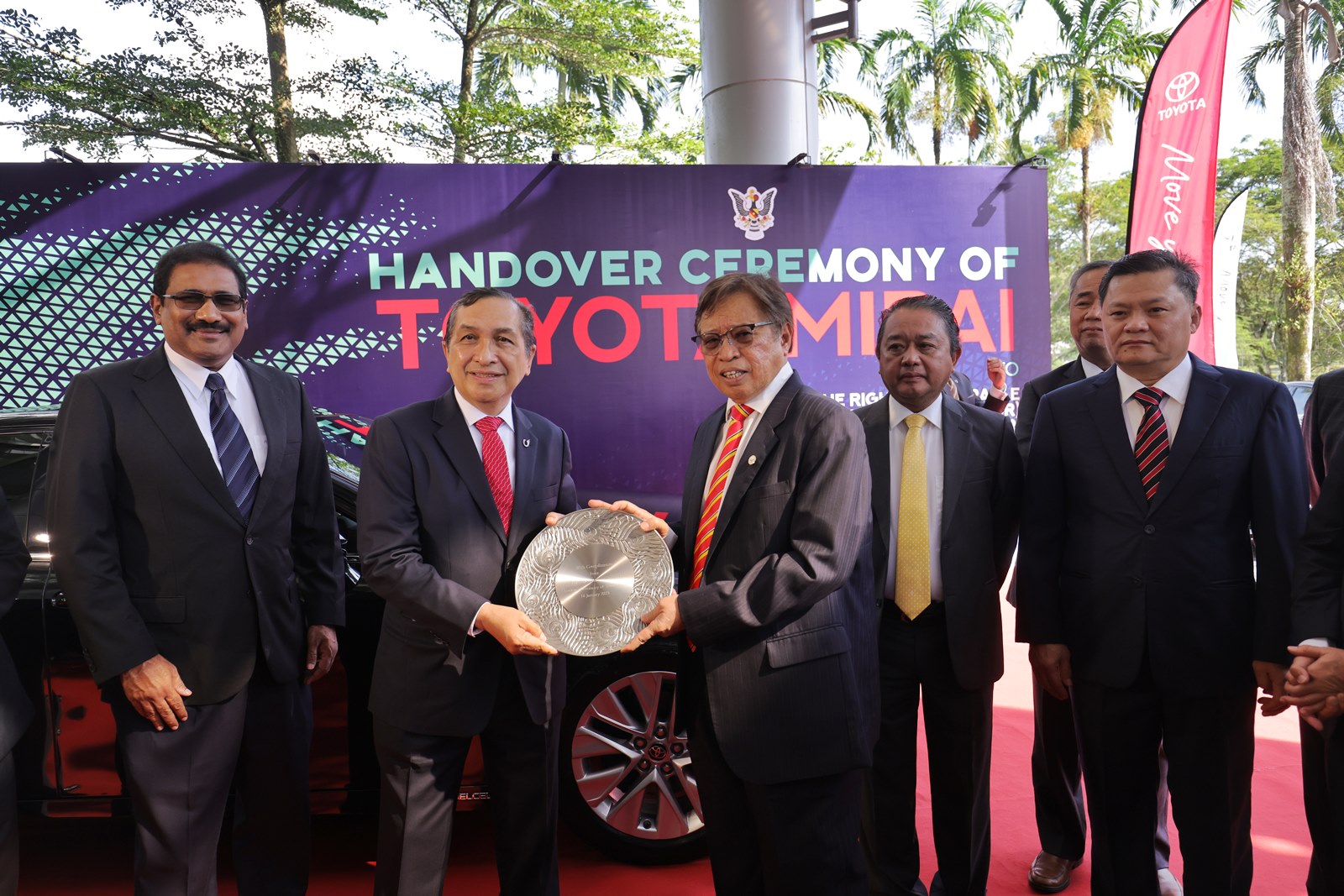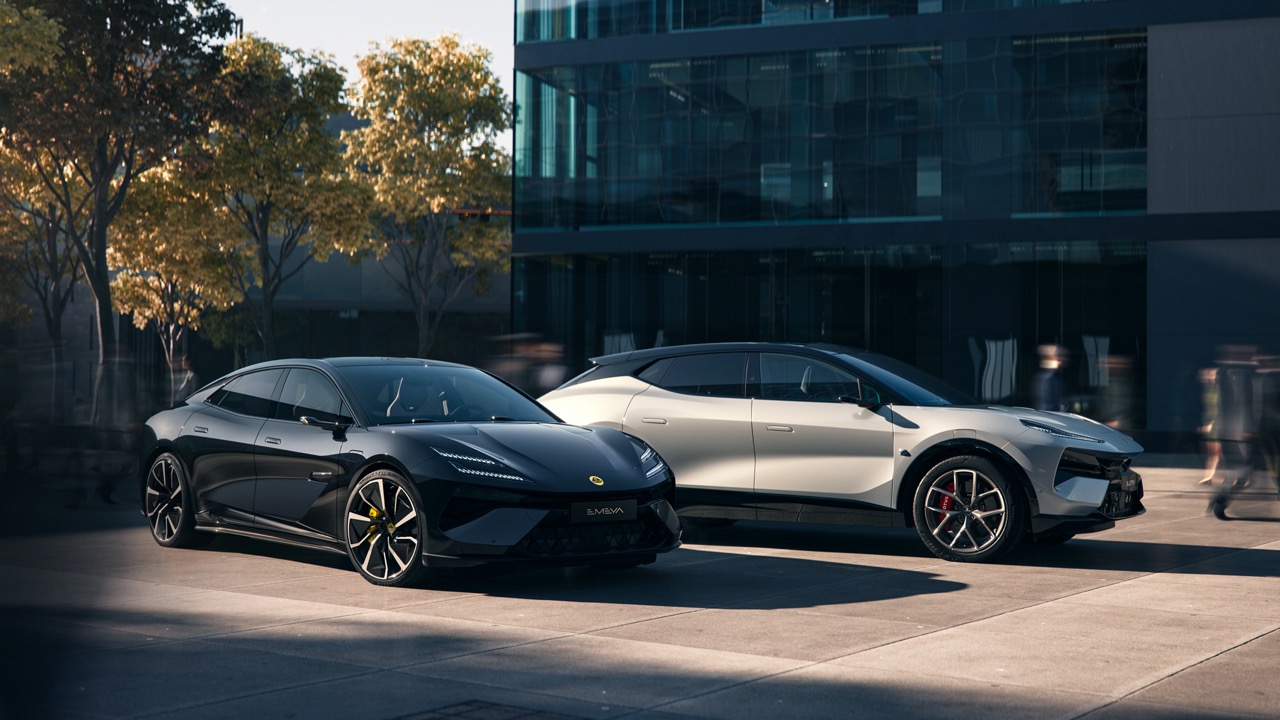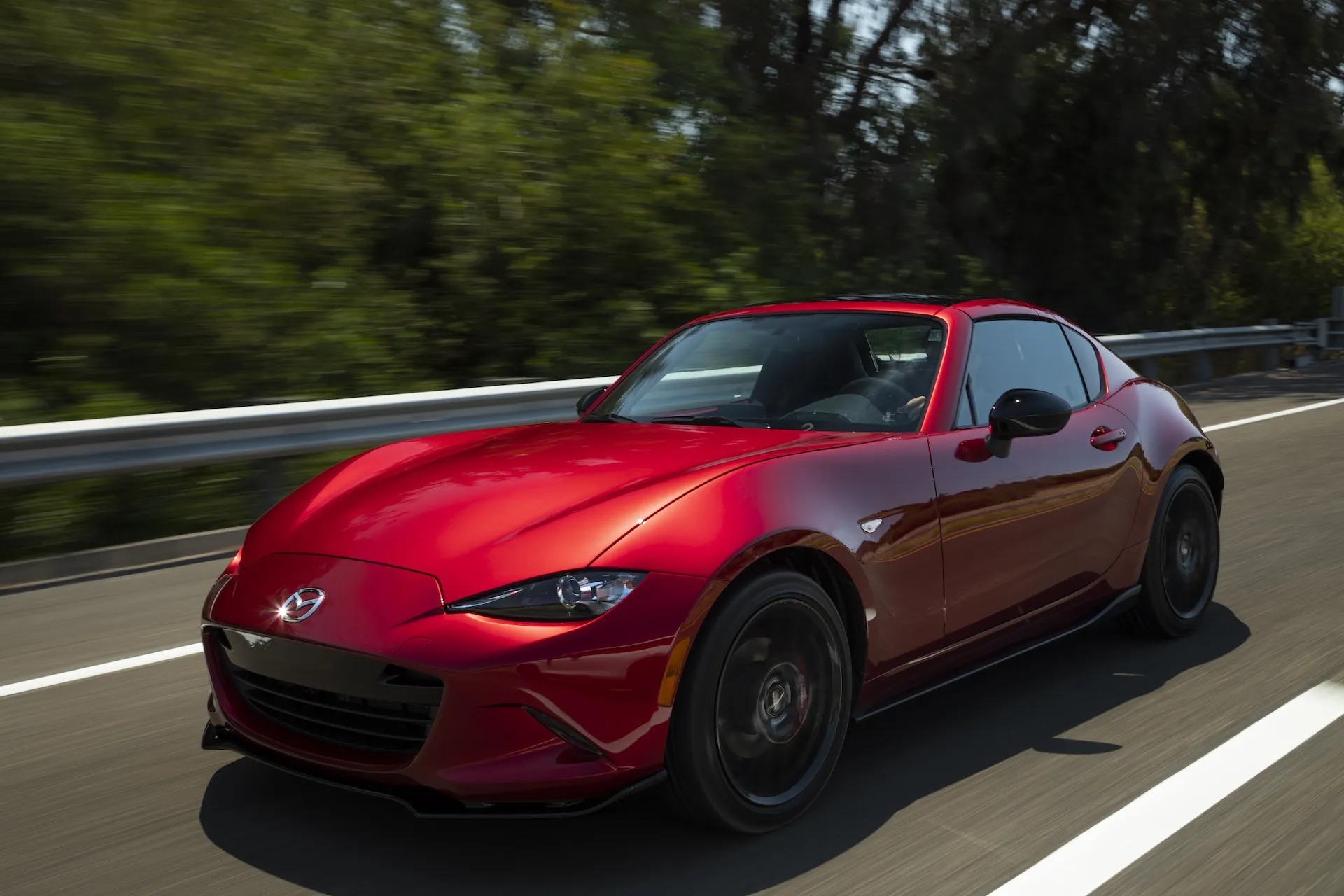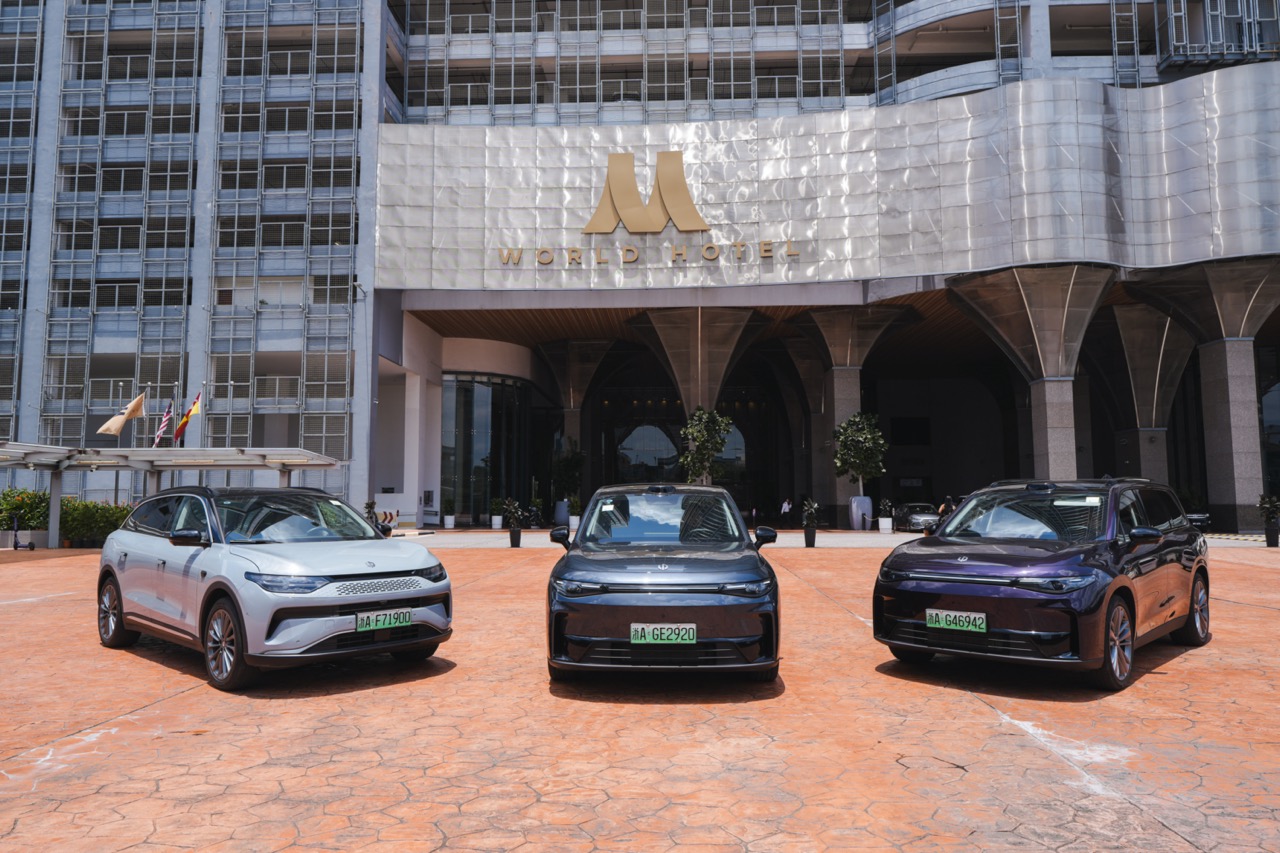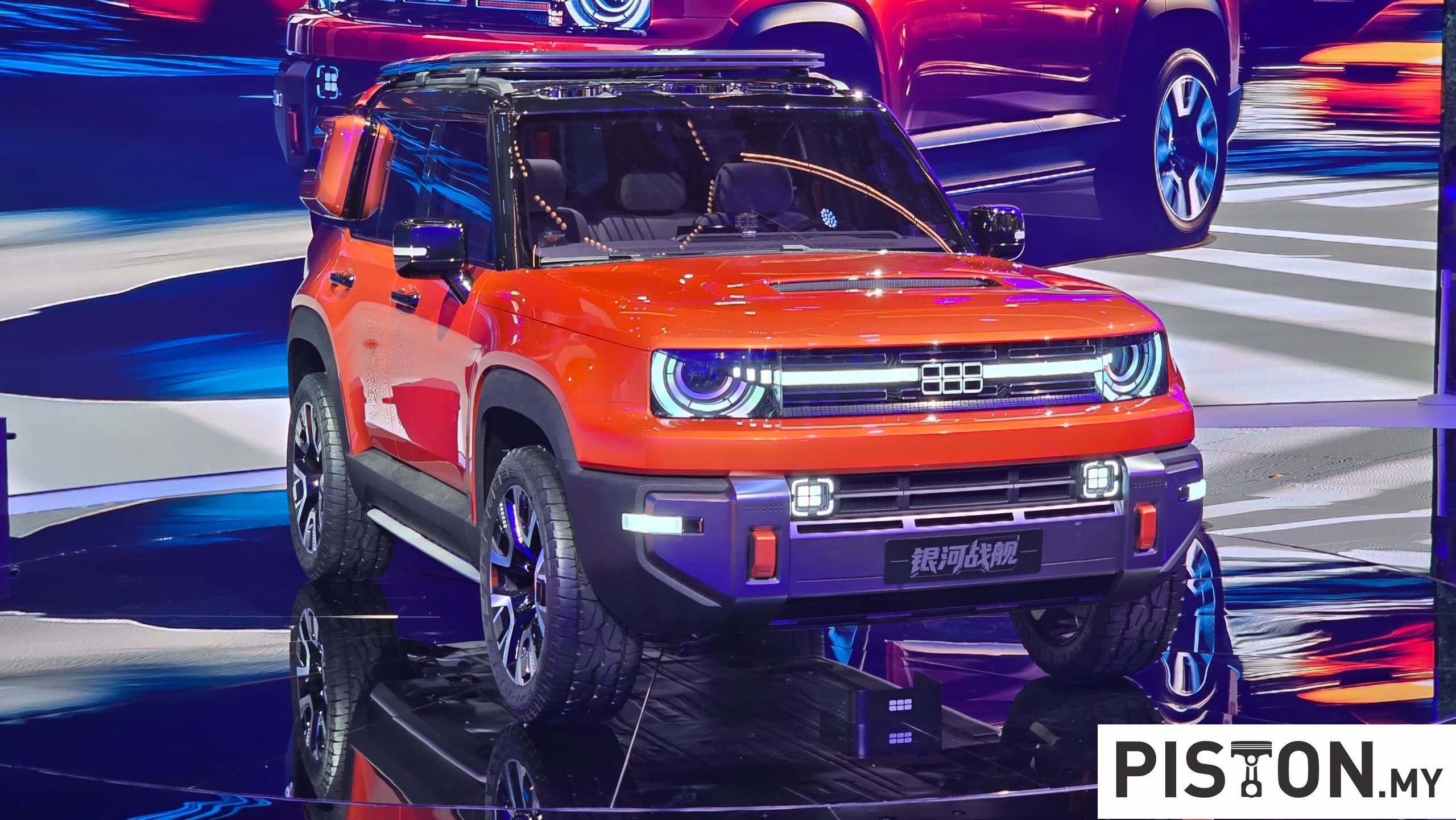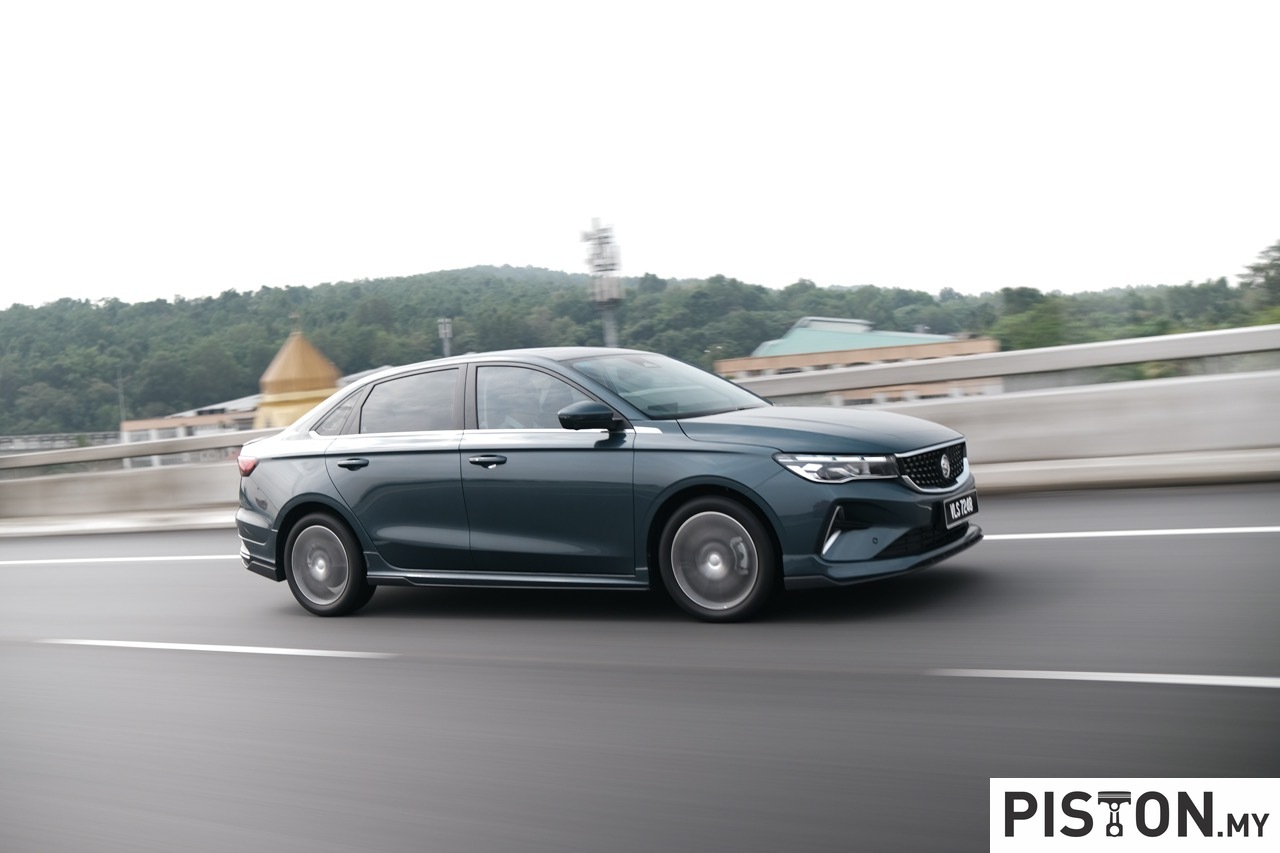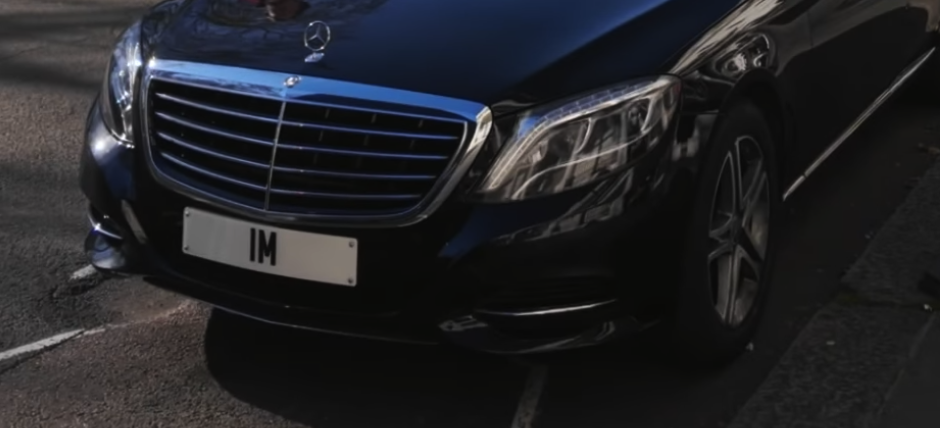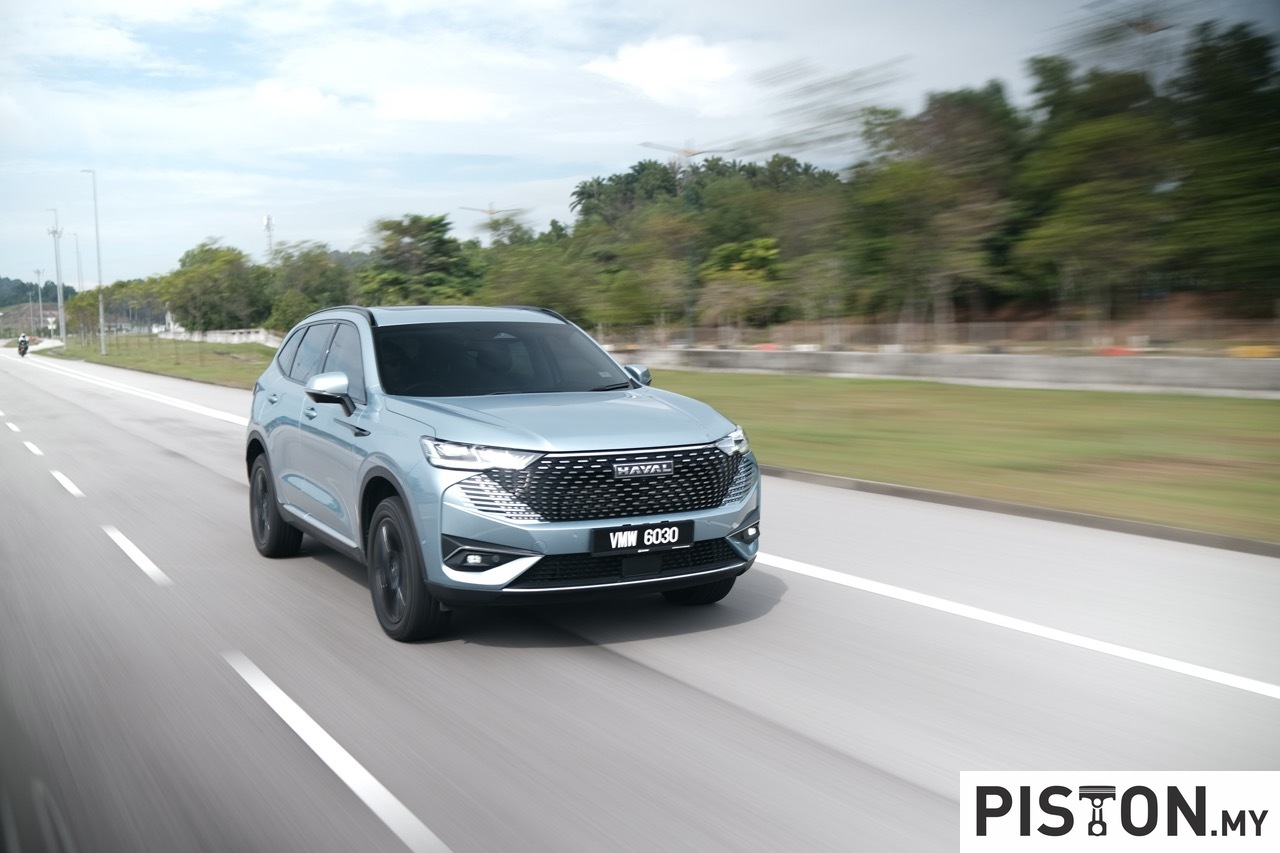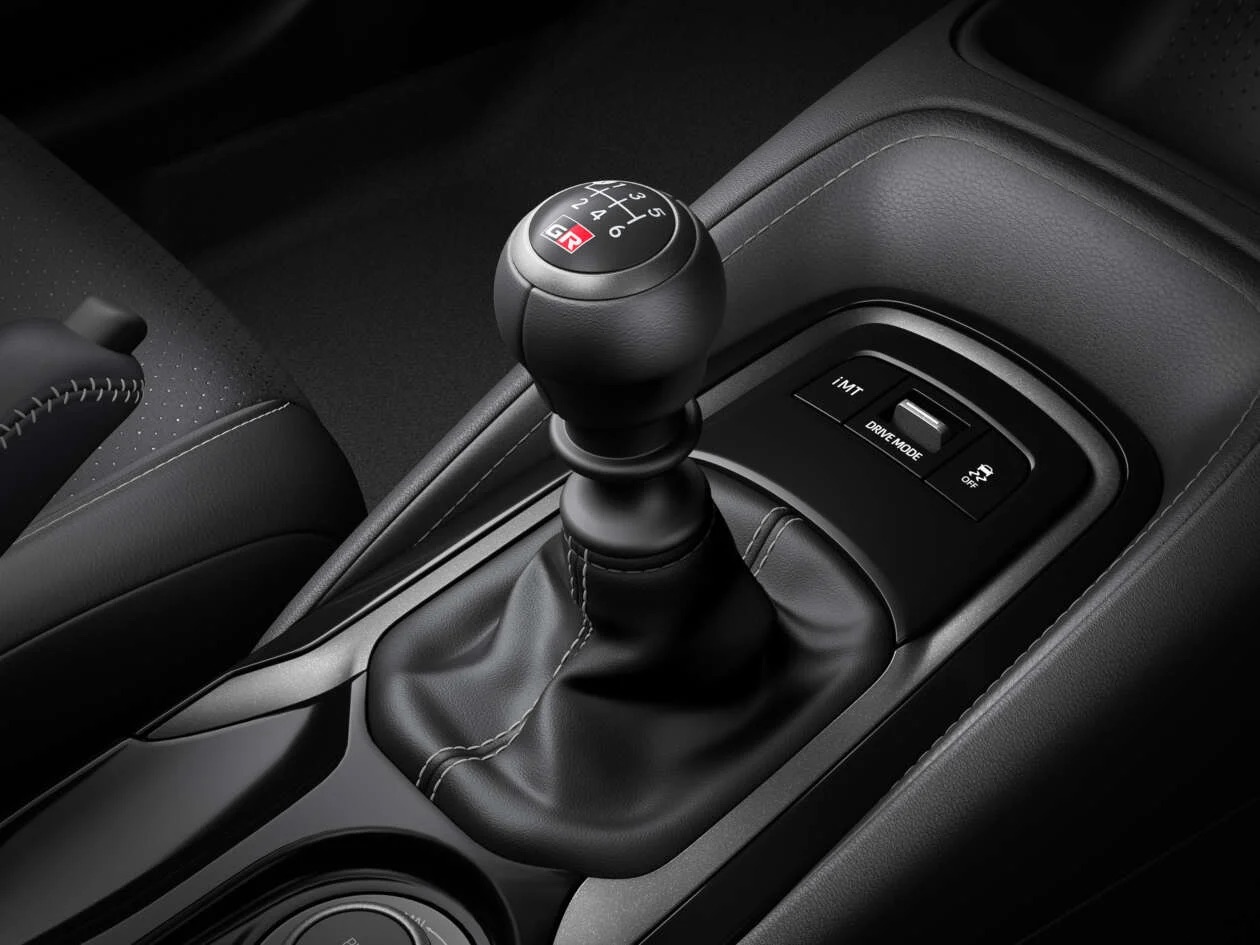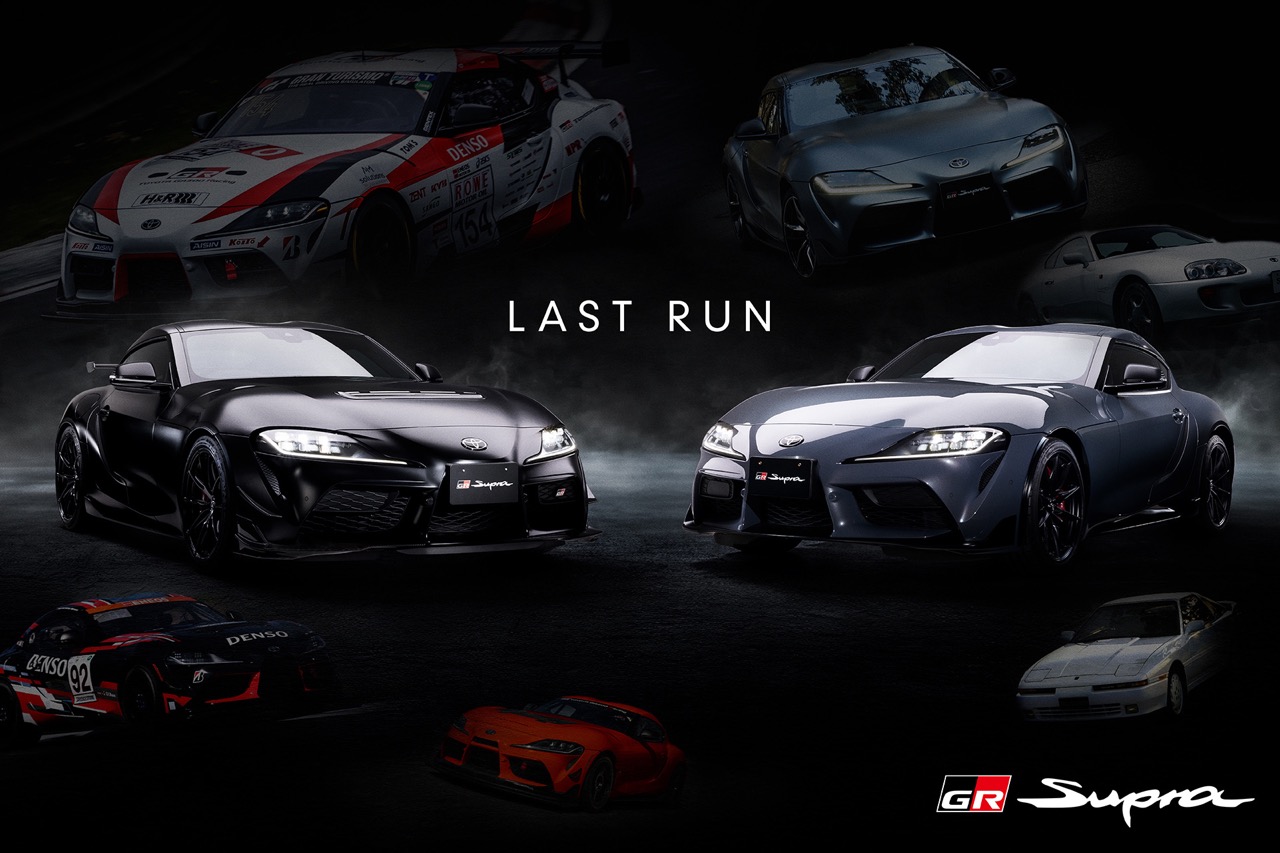Toyota has various solutions to offer that can contribute towards the quest for carbon neutrality. It does not believe that pure electric vehicles (EVs) are the only way to go as different markets and regions require different approaches. It has hybrid electric vehicle (HEV) technology at one end of the range of mobility solutions and at the other more advanced end, it can also provide fuel cell electric vehicles (FCEVs) that use hydrogen.
For Malaysia at the moment, HEV technology is deemed the most practical solution and the company has started assembling HEV models locally to accelerate adoption. HEVs like the Corolla Cross Hybrid do not depend on charging stations to recharge their battery packs and the process occurs while the SUV is moving. Thus Malaysians can do their balik kampung journeys with peace of mind and don’t have to think about finding a recharging station.
Hydrogen production in Sarawak
However, Sarawak has moved ahead a bit faster and its Green Mobility and Green Energy Initiatives include establishing a hydrogen economy and electric mobility. To realise this, the Sarawak Economic Development Corporation (SEC), through its wholly owned subsidiary, SEDC Energy, has set up Southeast Asia’s first Integrated Hydrogen Production Plant and Refueling Station in Kuching.
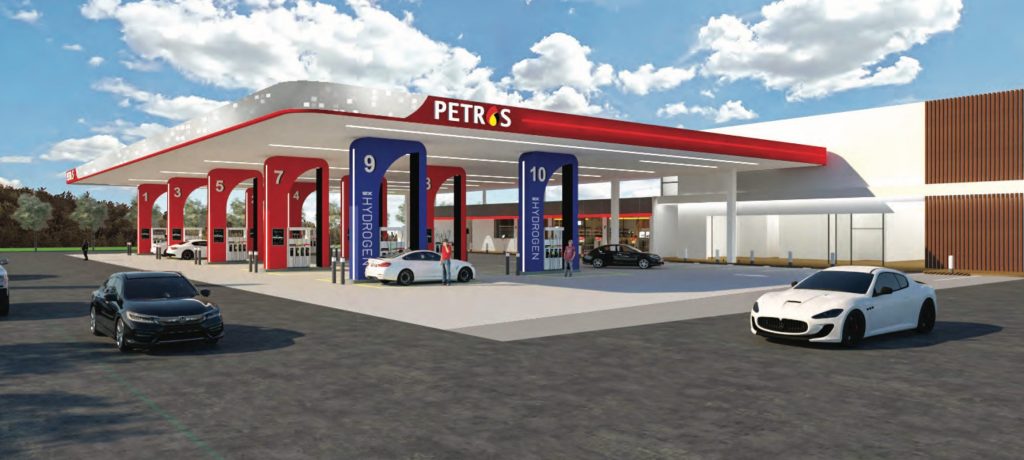
Hydrogen from the plant, produced at the rate of 130 kgs a day, is intended for a green public transportation system as well as for export. It’s a venture which only more advanced countries have embarked on.
First Toyota FCEV in Malaysia
Now that there is hydrogen readily available in Kuching, it is possible to use FCEVs there and UMW Toyota Motor today delivered 4 units of the Mirai FCEV to SDEC Energy, along with one unit to the Premier of Sarawak.
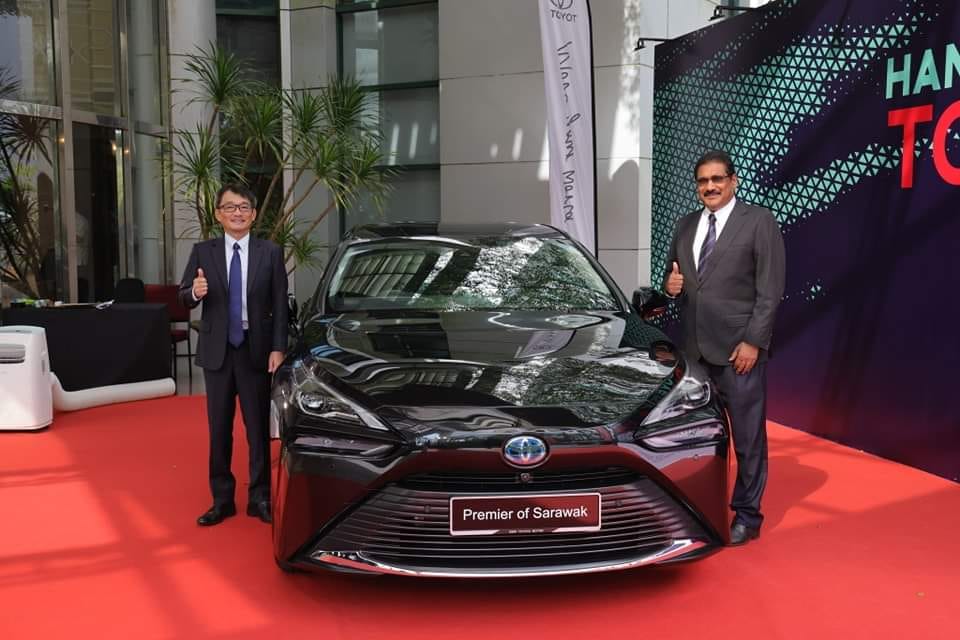
“To continue the acceleration of electrified vehicles, Toyota has invested in research and development for the commercialisation of hydrogen fuel-cell vehicles. With the Mirai – a car that breathes like a human and produces only water and also impressive power – both UMW Toyota Motor and SEDC Energy are set to capitalise on the opportunity to further study the potential of its technology as a stepping stone for developing a low-carbon economy with new fuel cell systems that prioritise compact size, efficiency and productivity to support the mobility needs of society,” said Ravindran K., President of UMW Toyota Motor.
“In line with our commitment to carbon neutrality by 2050, the Toyota multi-pathway strategy aims to help society reduce emissions while catering to their evolving needs by offering a wide range of Toyota Electrified Vehicle options,” he said, adding that the company is also exploring the possibility of introducing the Toyota bZ4X battery electric SUV to the Malaysian market.
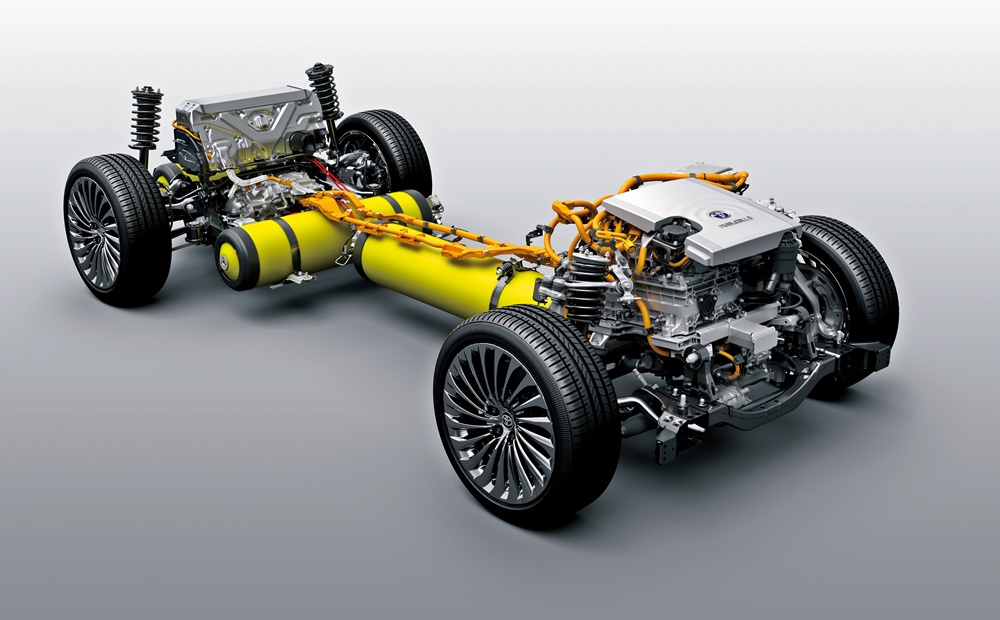
2nd generation Toyota Mirai
The Mirai (which means ‘future’ in Japanese) delivered in Sarawak is the second generation of the FCEV and went on sale in Japan at the end of 2020. Toyota’s FCEV technology has been in use commercially since 2014 when the first generation of the Mirai was launched. A company in Germany with a fleet of 45 units has set a record of sorts with its vehicles having been driven a total distance of over 5 million kms. Each car has averaged about 180,000 kms in daily use as a car-sharing service.
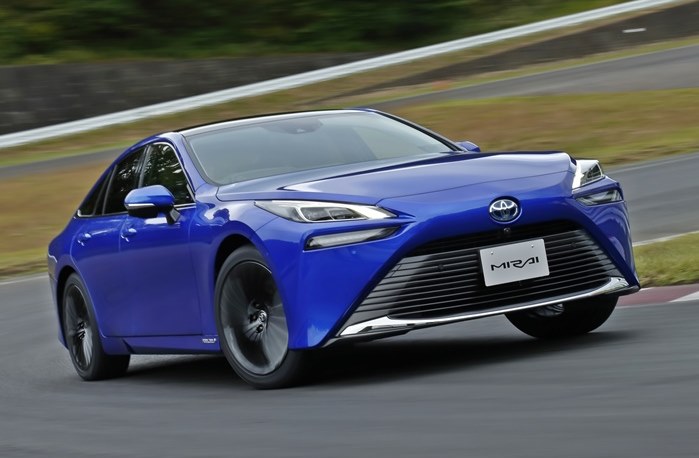
Fuel cell technology, which was originally developed for the space program, uses hydrogen in the process to create electricity to power the motors. The chemical process generates no emissions and only water is formed. The combined output of the electric motors is 113 kW (154 ps) and on a full tank of hydrogen, the Mirai can travel up to 500 kms. Unlike a battery pack which requires some time to recharge, refuelling the Mirai is said to take just under 3 minutes.

FCEV technology, being advanced and still relatively young, is expensive so the Mirai has a high price at the moment. It is therefore sold in small numbers and Toyota expects to sell around 30,000 units a year for the time being. However, from the experience of producing the first generation, Toyota has been able to lower the price of the second generation slightly so its retail price starts from 7.1 million yen (around RM239,000). Some governments offer incentives to buyers so they will pay less.





